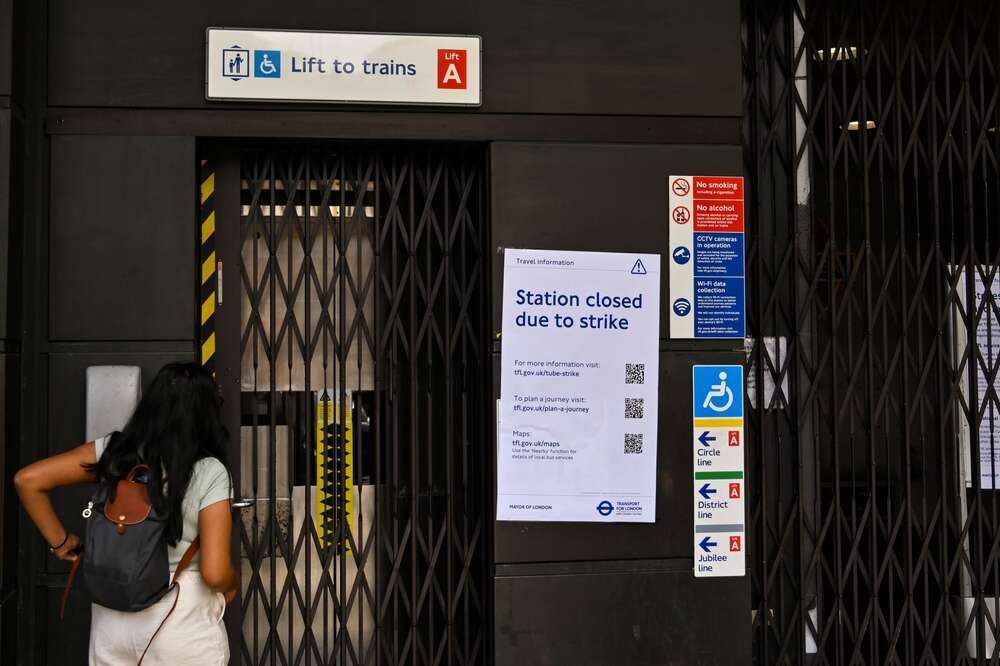
December will see further transport strikes in the UK with heavy travel disruptions due to walkouts by rail unions, with many train services being severely reduced or suspended, leaving commuters weighing up their options.

Table of contents
When are train strikes taking place?
In the latest action as part of a dispute lasting more than a year, the ASLEF union has scheduled further strike dates between Saturday 2 December and Friday 8 December. This walkout is taking the unusual tactic of rolling across rail operators over the course of the week, rather than a single network-wide blackout. Staff will also be undertaking an overtime ban between 1 and 9 December.
ASLEF said in its press release: “We have, in the past, called everyone out on the same day. By spreading the strike action, for which members voted overwhelmingly, coupled with our ban on overtime across the week, the ramifications for the rail industry will be greater.”
The rolling strikes will hit respective Rail Operating Companies on the following days:
- Saturday 2 December: EMR, LNER
- Sunday 3 December: Avanti West Coast, Chiltern, Great Northern Thameslink, WMT
- Tuesday 5 December: C2C, Greater Anglia
- Wednesday 6 December: Southeastern, Southern (including Gatwick Express), SWR mainline, SWR depot drivers, Island Line
- Thursday 7 December: CrossCountry, GWR
- Friday 8 December: Northern, TPT
Will the rail strike affect the Tube and London overground?
The planned December ASLEF rail strikes will only affect national rail services, meaning that London Underground and Overground services should be running as normal.
Commuter train services running into London will be affected, however, so passengers should look for alternative travel methods. This may also lead to tubes and buses being busier than normal and potentially delayed due to excess demand.
Why is there a train strike?
Strikes have been ongoing as rail unions have rejected pay offers that fall below inflation in the face of the cost-of-living crisis.
This strike, however, is specifically due to comments made by Transport Secretary Mark Harper to the Transport Select Committee on Wednesday 15 November.
According to the union, Harper told the committee that there was an offer “on the table”, but the union rejects this claim, having already struck down the most recent offer.
Mick Whelan, ASLEF General Secretary, said: “The RDG’s offer – a land grab for all our terms and conditions – was made in the full knowledge that it couldn’t and wouldn’t be accepted.”
“Mr Harper, who has gone missing in action during this dispute, says we should put the offer to our members. What the minister apparently fails to understand is that, since the RDG’s risible offer in April, we have received overwhelming mandates, on enormous turnouts, for more industrial action.”
[Read more: Just how reliable is London’s Elizabeth Line?]






